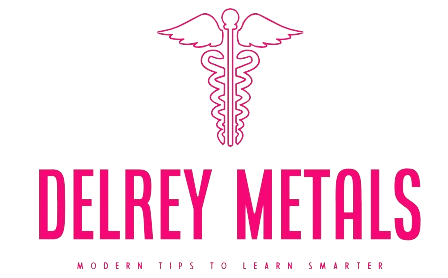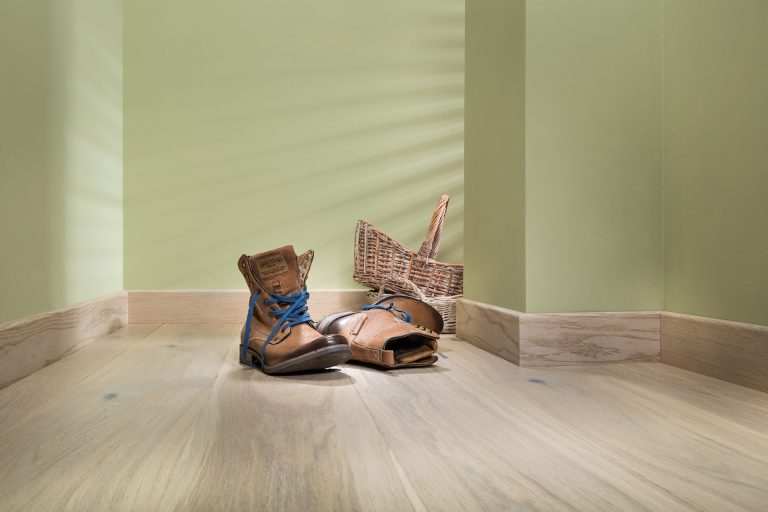How often should HiVis workwear be replaced?
HiVis workwear serves as a frontline defense against accidents and injuries. The vibrant colors and reflective materials make workers easily noticeable, reducing the risk of mishaps. While the initial investment in hivis workwear is crucial, the longevity and effectiveness of these garments require careful consideration.
Factors Influencing Replacement Frequency
Several factors influence the frequency at which hivis workwear should be replaced. Wear and tear, adherence to industry standards, and the intensity of use all contribute to the decision-making process.
Wear and Tear
Continuous use and exposure to various elements contribute to the wear and tear of HiVis workwear. Regular inspections should be conducted to identify signs of deterioration, such as fraying edges or weakened reflective materials.
Industry Standards
Different industries may have varying standards for HiVis workwear replacement. It is essential for employers to be aware of and comply with these standards to ensure the safety of their workforce.

Frequency of Use
The frequency with which HiVis workwear is used directly impacts its lifespan. Garments used daily may require more frequent replacement than those used intermittently.
Signs That HiVis Workwear Needs Replacement
Identifying the signs that HiVis workwear needs replacement is crucial for maintaining a safe working environment.
Fading
One of the most noticeable signs is fading of the vibrant colors. Faded HiVis clothing loses its effectiveness, as it becomes less visible in low-light conditions.
Damage or Tears
Torn or damaged workwear compromises its protective features. Small tears can quickly escalate, rendering the garment ineffective.
Legal Obligations for Employers
Beyond OSHA, employers may have legal obligations to provide a safe working environment. Regular replacement of HiVis workwear is a fundamental aspect of meeting these obligations.
Cost Implications of Regular Replacement
While the cost of regularly replacing HiVis workwear may seem daunting, it pales in comparison to the potential costs of workplace accidents.
Balancing Safety and Expenses
Investing in the safety of workers is a priority, and the cost of HiVis workwear replacement should be viewed as an investment in accident prevention and employee well-being.
Long-Term Savings
Regular replacement contributes to long-term savings by reducing the likelihood of accidents, injuries, and associated expenses.
Durable Materials
Incorporating durable materials enhances the longevity of HiVis garments, ensuring they withstand the rigors of the work environment.






